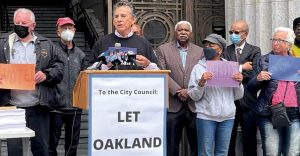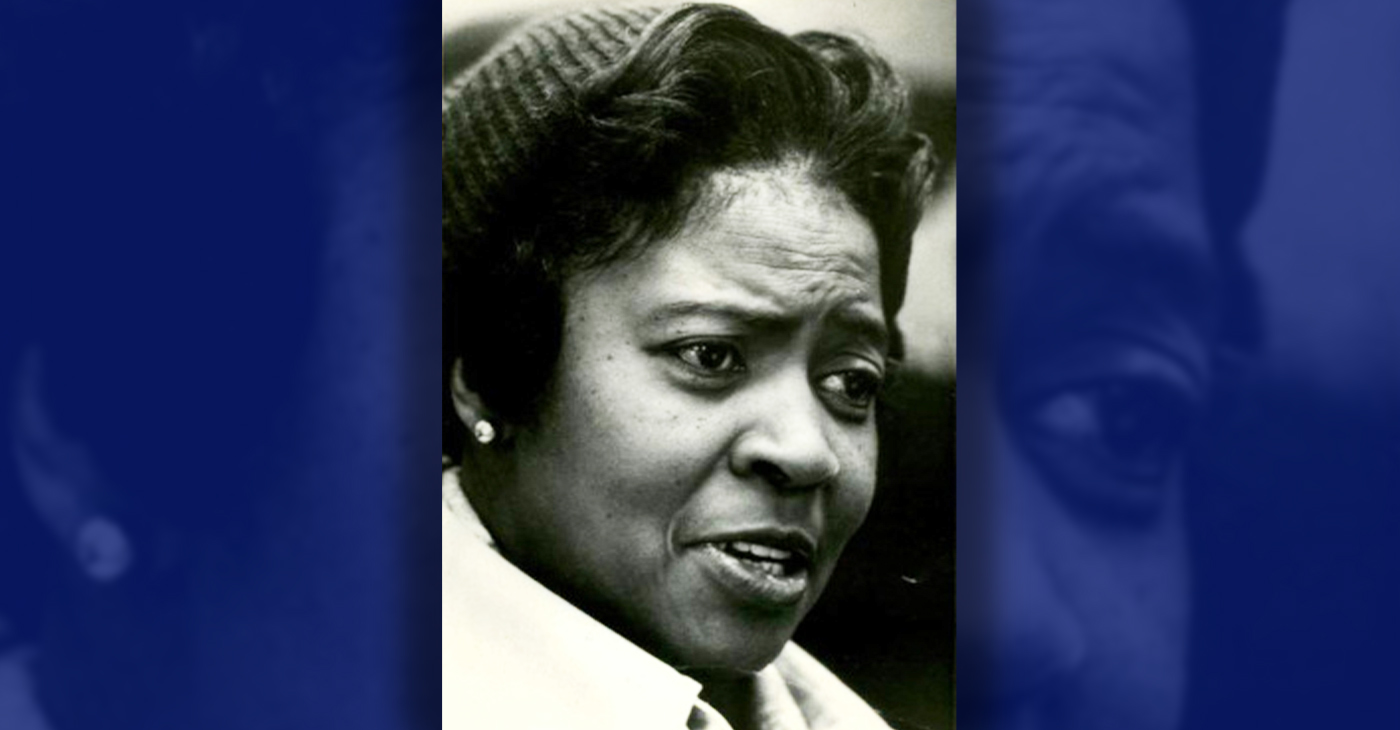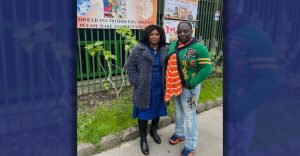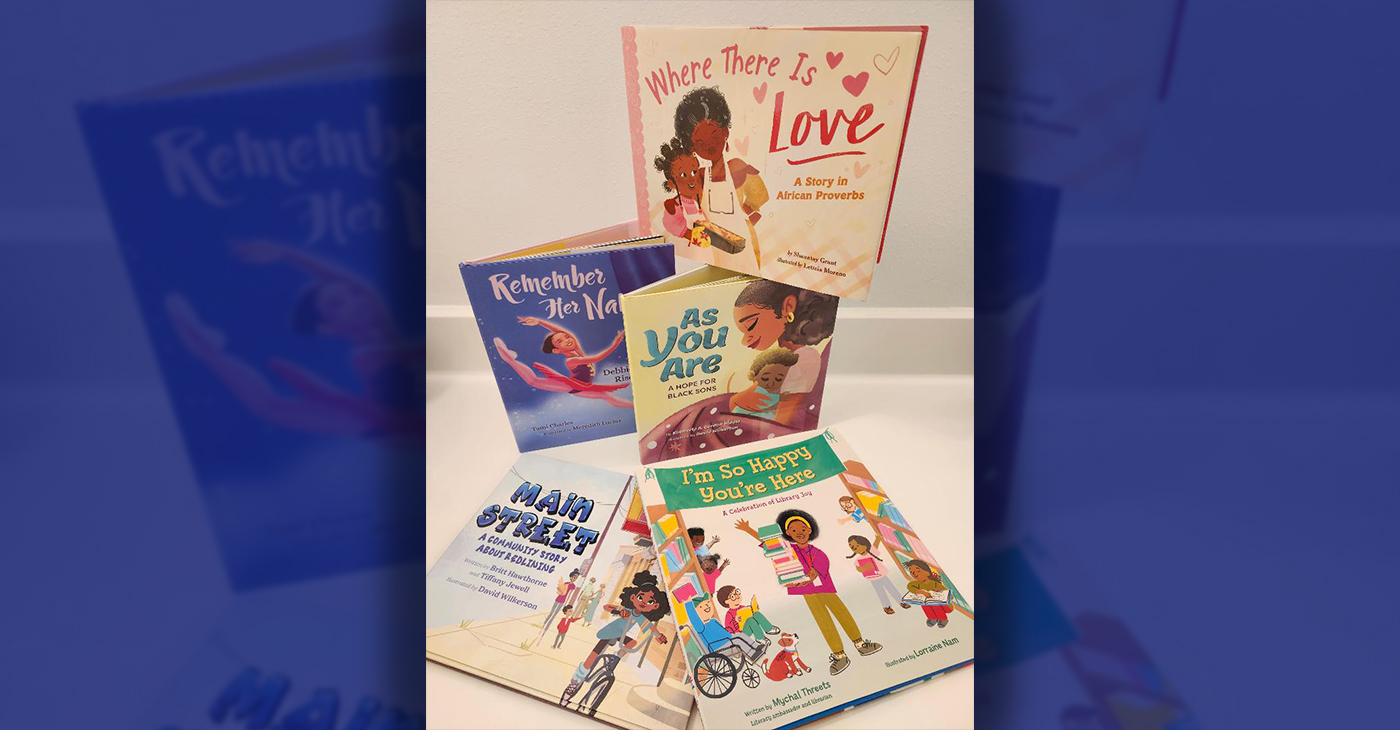Arts and Culture
IN MEMORIAM: Thom Bell, Co-Creator of the Sound of Philadelphia, Dead at 79
“Thom Bell left an indelible and everlasting mark on the history of popular music, but even more so, he will be remembered by all who knew him as a kind and loving friend and family man. The music world has truly lost one of the greats,” his attorney wrote in a statement published in Billboard magazine.

#NNPA BlackPress
COMMENTARY: The National Protest Must Be Accompanied with Our Votes
Just as Trump is gathering election data like having the FBI take all the election data in Georgia from the 2020 election, so must we organize in preparation for the coming primary season to have the right people on ballots in each Republican district, so that we can regain control of the House of Representatives and by doing so, restore the separation of powers and balance that our democracy is being deprived of.
Activism
Dorothy Lee Bolden: Uniting Domestic Workers
Domestic work followed Bolden beyond high school. According to sources from the New York Times, Bolden said she would wake “at 4 a.m. to leave home by 6 a.m., and be on the job by 8 a.m., perform all those duties necessary to the proper management of a household for eight hours, leave there by 4 p.m. to be home by 6 p.m. where I would do the same things I’ve done all over again for my own family.”
Arts and Culture
Book Review: Books on Black History and Black Life for Kids
For the youngest reader, “As You Are: A Hope for Black Sons” by Kimberly A. Gordon Biddle, illustrated by David Wilkerson (Magination Press, $18.99) is a book for young Black boys and for their mothers. It’s a hope inside a prayer that the world treats a child gently, and it could make a great baby shower gift.
-

 Activism3 weeks ago
Activism3 weeks agoCommunity Celebrates Turner Group Construction Company as Collins Drive Becomes Turner Group Drive
-

 Business3 weeks ago
Business3 weeks agoCalifornia Launches Study on Mileage Tax to Potentially Replace Gas Tax as Republicans Push Back
-

 Activism3 weeks ago
Activism3 weeks agoDiscrimination in City Contracts
-

 Arts and Culture3 weeks ago
Arts and Culture3 weeks agoBook Review: Books on Black History and Black Life for Kids
-

 Activism3 weeks ago
Activism3 weeks agoCOMMENTARY: The Biases We Don’t See — Preventing AI-Driven Inequality in Health Care
-

 Activism3 weeks ago
Activism3 weeks agoPost Newspaper Invites NNPA to Join Nationwide Probate Reform Initiative
-
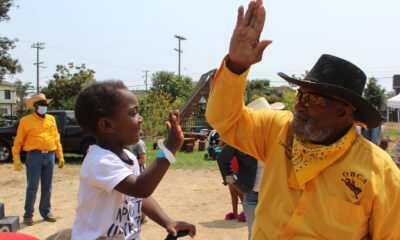
 Alameda County3 weeks ago
Alameda County3 weeks agoBlack History Events in the East Bay
-
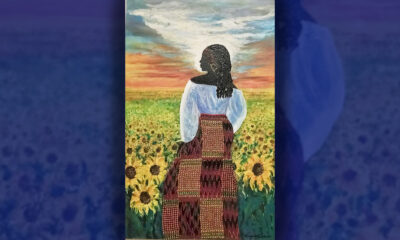
 Activism3 weeks ago
Activism3 weeks agoArt of the African Diaspora Celebrates Legacy and Community at Richmond Art Center

